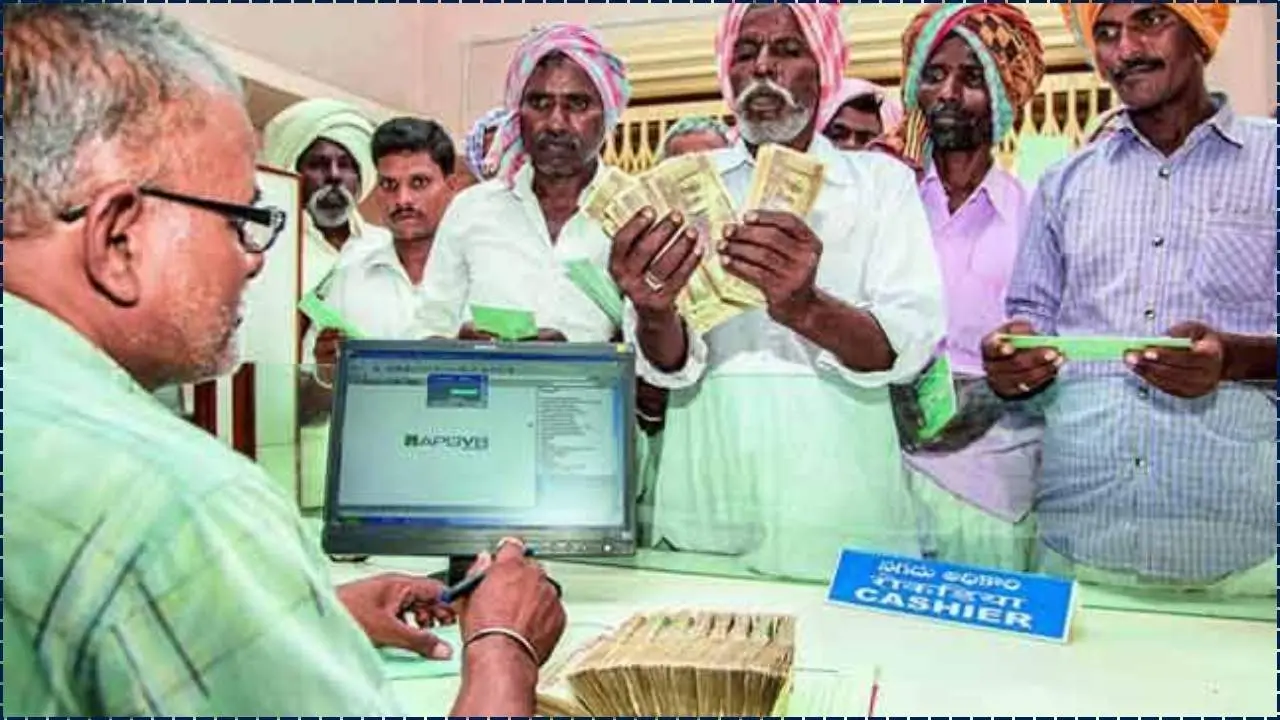India’s efforts to safeguard citizen data highlight both progress and persistent challenges. Legal reforms, new institutions, and state-level innovations mark important steps forward. Yet systemic weaknesses, human error, and resource gaps continue to endanger sensitive information. The coming years will test whether India can balance rapid digital growth with the security necessary to protect its people’s data.

The Government e-Marketplace (GeM) portal has simplified procurement by ensuring transparency, fair competition, and faster payments. For small businesses, it opens reliable access to government buyers, fostering growth, inclusion, and long-term opportunities within India’s digital economy.
Protecting citizen data has become one of India’s foremost challenges as government services move online. The country now manages massive digital repositories, including Aadhaar, tax records, and health databases. Rising cyberattacks and recurring breaches expose weaknesses in public sector infrastructure, raising urgent questions about security and trust.
Table of Contents
The Expanding Cyber Threat Landscape
Growth in Attacks
India has seen an unprecedented rise in cyber incidents in the last decade. The Indian Computer Emergency Response Team (CERT-In) recorded nearly 1.4 million incidents in 2022, with public sector systems frequently targeted. Experts warn that digitisation without proportionate investment in security creates systemic vulnerabilities.
High-Profile Data Breaches
Notable breaches include the exposure of Aadhaar details on state websites in 2018 and, more recently, the alleged leak of COVID-19 vaccination records. These incidents have demonstrated the risks of inadequate safeguards and the consequences of lapses in oversight.
Systemic Vulnerabilities
Resource and Capacity Gaps
Many government departments operate with outdated systems and minimal cybersecurity budgets. This lack of modernisation makes them particularly vulnerable to advanced phishing campaigns, ransomware, and state-sponsored attacks.
Human Factors
Human error remains a leading cause of breaches. Weak password practices, misconfigured databases, and lack of cyber hygiene among employees often compromise sensitive systems.
Fragmented Infrastructure
India’s digital public infrastructure is extensive but fragmented. Different departments operate with varied levels of protection, limiting the effectiveness of a coordinated response.
Institutional Frameworks for Protection
National Agencies
India has established several institutions to counter threats:
- CERT-In handles national incident response.
- National Critical Information Infrastructure Protection Centre (NCIIPC) safeguards essential sectors such as energy and banking.
- Indian Cyber Crime Coordination Centre (I4C) provides nationwide support for law enforcement.
The DPDP Act, 2023
The Digital Personal Data Protection Act, 2023 aims to strengthen citizen rights by regulating data collection, storage, and sharing. It introduces consent-based data use and establishes a Data Protection Board for accountability. Analysts, however, caution that implementation will be as critical as legislation.
Related Links
The UMANG App: A One-stop Solution for Accessing Government Services
How to Use DigiLocker to Access and Manage your Official Documents
Open Data Resources: A List of Official Data Portals and APIs For Researchers and Developers
State-Level Initiatives
Across India, states like Bihar, Telangana, Uttar Pradesh, and Chandigarh are taking compassionate steps to protect citizens from cyber threats, reflecting a shared commitment to fostering safety, trust, and empowerment in an increasingly digital world. Bihar’s mandatory cyber audits for government departments, launched in 2024, ensure robust protection of public data, while Telangana’s ‘Vyuha’ innovation lab harnesses artificial intelligence to proactively predict and counter attacks, safeguarding communities.
Meanwhile, Uttar Pradesh and Chandigarh’s expanded citizen outreach programs raise awareness about digital fraud, empowering individuals, especially in vulnerable populations, with the knowledge to navigate the digital landscape securely. These collective efforts unite states and citizens in a mission to build a resilient, inclusive digital future where every person’s security and dignity are prioritized.
Ethical and Strategic Considerations
Balancing Security with Openness
Some experts warn that excessive regulation could stifle cybersecurity research and innovation. India’s earlier drafts of data protection laws faced criticism for giving government agencies broad exemptions.
Restoring Public Trust
Every breach undermines citizen confidence in e-governance. As digital services expand into critical areas such as health, pensions, and welfare, rebuilding and maintaining trust will require transparent policies and stronger safeguards.
















